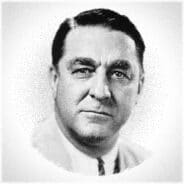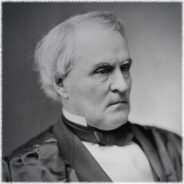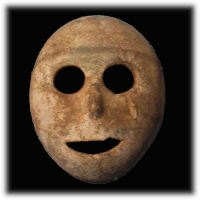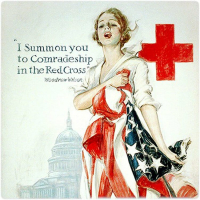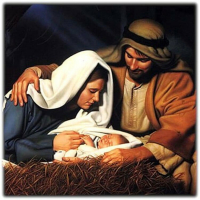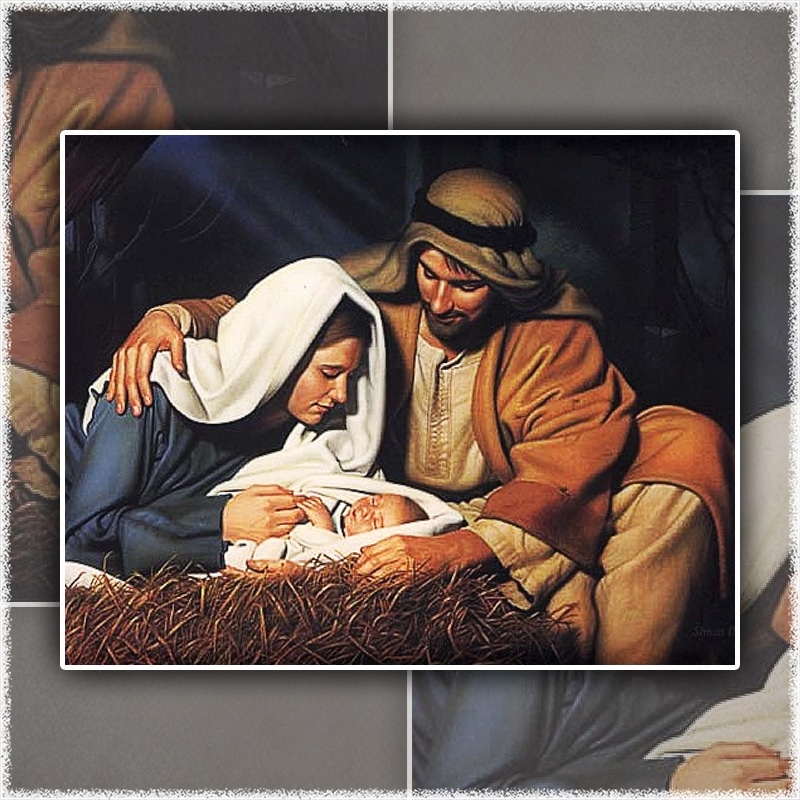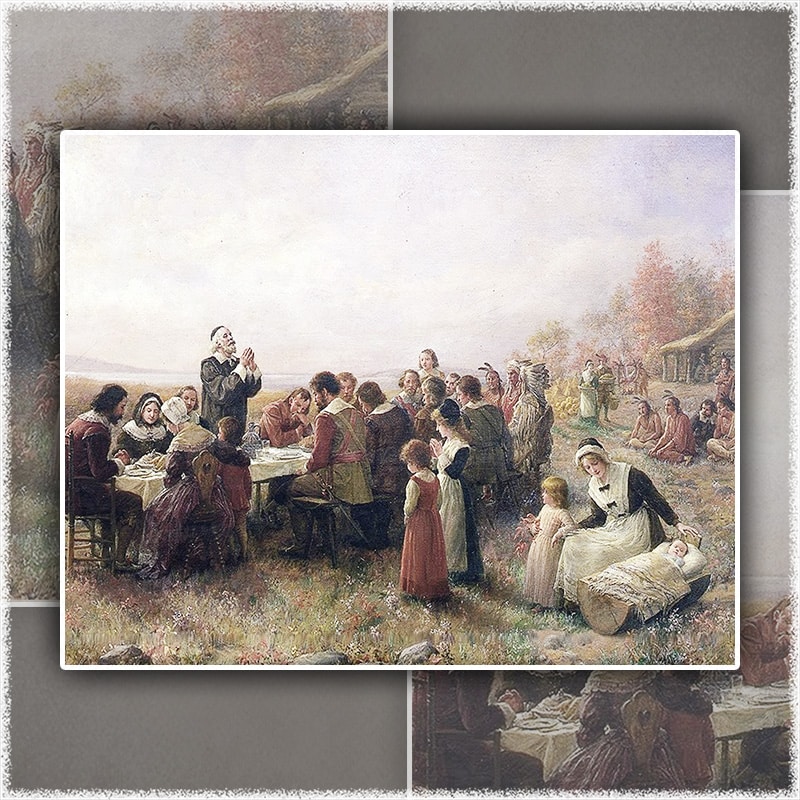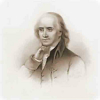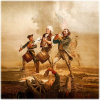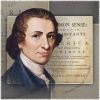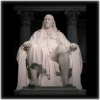Should the Super Bowl be Moved to Saturday?

At Debate.org (January 2020), the question was posed, "Should the Super Bowl be moved to Saturday?" Eleven percent of the respondents answered "No," while a whopping eighty-nine said "Yes," it should be moved to Saturday. How a nation observes Sunday—or as it is called in Scripture, "the Lord's Day" (Revelation 1:10)—often determines the rise or fall of that nation.Should the Super Bowl be Moved to Saturday
Voltaire, one of the greatest enemies of Christianity in the eighteenth century, once said, "There is no hope of destroying Christianity so long as the Christian Sabbath is acknowledged as a sacred day." But, the devastating influence of Voltaire, Jean Jacque Rousseau, the Encyclopedists, and the irreligious in general was quickly felt throughout Europe through the blood-letting horrors of the anti-Christian French Revolution. One of the many institutions rejected by the followers of Voltaire was the Christian observance of Sunday. Should the Super Bowl be Moved to Saturday
England and the British Isles, however, were spared the terror associated with the irreligious French Revolution. Why? Because the British Isles had experienced the Evangelical Awakening primarily led by John Wesley and the Methodists. Though nineteenth-century French scholar Élie Halévy[1] is remembered for having argued that the Methodists and other evangelicals had saved the British Isles from a French-style revolution, biblical scholar Adam Clarke recognized this fact nearly a century earlier:
Such an itinerant ministry established in these kingdoms British Isles for upwards of fourscore years, teaching the pure, unadulterated doctrines of the Gospel, with the propriety and necessity of obedience to the laws has been the principal means, in the hand of God, of preserving these lands from those convulsions and revolutions that have ruined and nearly dissolved the European continent. The itinerant ministry, to which this refers is that which was established in these lands by the late truly reverend, highly learned and cultivated, deeply pious and loyal John Wesley, A. M., formerly a teaching fellow of Lincoln College, Oxford, whose followers are known by the name of Methodists, people who are an honor to their country and a blessing to the government under which they live.[2]
Careful evaluation of the teachings and practices of the early Methodists reveals the high regard they had for the reverent observance of Sunday or the Lord's Day. John Wesley's sermon, On the Sabbath, is a clear statement concerning Methodism's respect for Sunday as a day of Christian worship. And, such observance of the Lord's Day characterized the overwhelming majority of orthodox Christian churches throughout America—regardless of the denomination.
The concern for the Lord's Day was to exercise a measure of influence upon every aspect of American society, including sports. Wesley Branch Rickey (December 20, 1881—December 9, 1965) was an American baseball player who later became a sports executive. Rickey was a deeply committed Methodist who followed the biblical admonition of John Wesley and the early Methodist by refusing to go to the ball park on Sunday. His many achievements and deeply held Christian faith earned him the nickname "the Mahatma." Rickey's most memorable decision as a baseball executive occurred on August 28, 1945 when he broke baseball's color barrier by signing Jackie Robinson to a minor league contract. Two months later, it was announced Robinson would join the Dodger's International League affiliate for the 1946 season. Robinson went on in that season to become the league's batting champion and to distinguish himself in baseball history.
Today, it is difficult to discern the prominent place once accorded to Sunday observance in America. However, from the beginning of America, the Christian Lord's Day—which was often designated "Sabbath"—found legal standing throughout the nation. Associate Justice of the United States Supreme Court, William Strong, recognized the formative influence of the Pilgrim's Sunday observance upon the character of America:
The first settlers of this country were a body of select men. They were profoundly impressed with the conviction that a weekly Sabbath was essential to the highest welfare of the communities which they established and they therefore enacted laws to enforce a proper observance of that day. It was not more upon theological considerations than it was upon secular and social that they framed those laws and enforced strict obedience to them. The Sabbath so observed, no one can doubt, contributed largely to the formation of that character which has stood us in so much stead in our own history and which has been the admiration of the world.[3]
Europe has never recovered from the irreligious influence of Voltaire and his disciples and never will. In his book, The Strange Death of Europe: Immigration, Identity, Islam,[4] Douglas Murray discusses the disillusionment of Europe and its impending control by Islam—an event which will occur in less than a quarter of a century.
If commerce, sports, and leisure are permitted to rob a society of the spiritual and moral truth necessary to properly sustain it, is it any wonder that families, churches, and nations crumble under the onslaught of error? And, what better opportunity to be reminded of those biblical truths that have made America great than collective worship on the Lord's Day.
Like Europe, hundreds of churches throughout America are being closed while businesses, sporting arenas, stores, and places of leisure are accorded opportunity to compete for the attention of citizens; among these, the Super Bowl is but one.
Europe's neglect of the Lord's Day and the truth of biblical Christianity has left it vulnerable to enslavement by Islam. The real question for America is not, "Should the Super Bowl be moved to Saturday?" but rather, "Should not America return to the God of its Fathers?"
America deserves to know its true heritage.
Please contribute today!
[1] . . . lie Hal. . . vy, Histoire Du Peuple Anglais Au Xixe Siècle, (Paris: Hachette et cie, 1913). This work remains a standard in the discussion of the influence of Wesley and the Methodists upon the British Isles, saving them from a French-style revolution.
[2] Clarke, Old and New Testament Commentary, 1:665.
[3] R. H. Martin, Six Studies on the Day (Pittsburgh, PA: National Reform Association, 1937), 20.
[4] Douglas Murray, The Strange Death of Europe : Immigration, Identity, Islam (2018).
<h2

